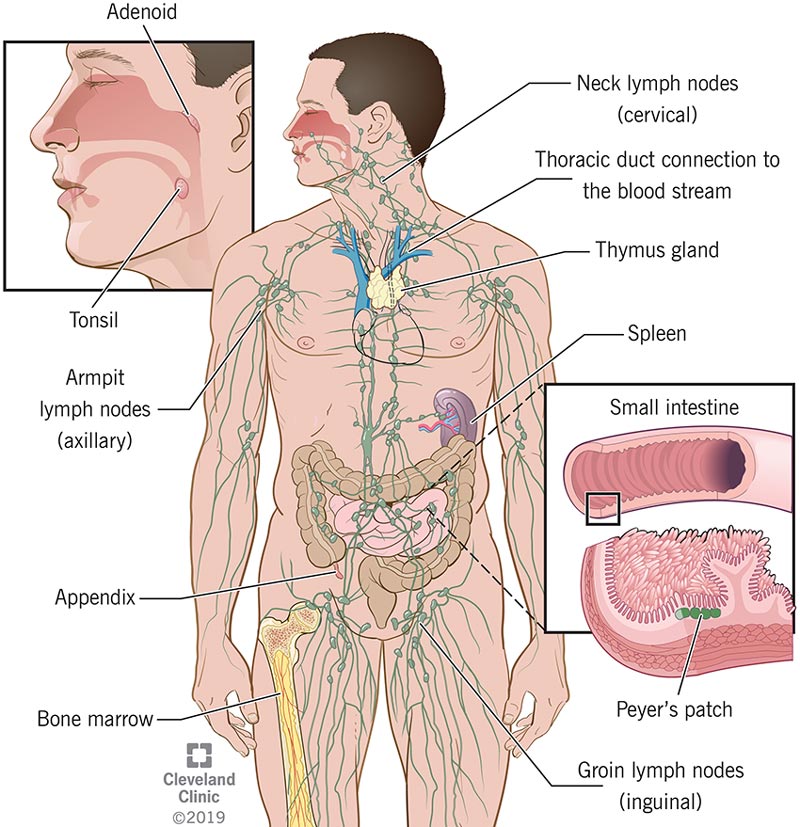Battling the Invisible: Unraveling the Mysteries of Immune System Disorders
Explore immune system disorders, their causes, symptoms, and treatments. Gain insights on autoimmune diseases, immunodeficiencies, and more.

Our immune system is a complex network of cells, tissues, and organs that work together to defend our bodies against harmful invaders like bacteria, viruses, and parasites. It plays a crucial role in maintaining our overall health and well-being. However, sometimes this impressive defense system can go awry, leading to immune system disorders. These disorders can be classified into three main categories: immunodeficiency disorders, autoimmune disorders, and hypersensitivity reactions.
Immunodeficiency disorders occur when the immune system is not functioning properly due to a lack of one or more of its components. This can be caused by genetic factors or acquired through environmental factors, such as malnutrition, infections or medical treatments. Primary immunodeficiencies are usually present from birth, whereas secondary immunodeficiencies are acquired later in life. People with immunodeficiency disorders are more susceptible to infections, and they may experience recurrent and severe illnesses. Treatment for these disorders often includes antibiotics to treat infections and, in some cases, immune system-boosting therapies such as immunoglobulin replacement therapy, stem cell transplants, or gene therapy.
Autoimmune disorders are a group of conditions in which the immune system mistakenly attacks the body's own healthy cells and tissues. This occurs when the immune system fails to distinguish between foreign invaders and normal body cells. Some common autoimmune disorders include rheumatoid arthritis, type 1 diabetes, lupus, multiple sclerosis, and inflammatory bowel disease. The exact cause of these disorders remains unknown, but it is thought to involve a combination of genetic, environmental, and hormonal factors. Treatment for autoimmune disorders usually involves medications to suppress the immune system and control inflammation, as well as therapies to manage symptoms and prevent complications.
Hypersensitivity reactions are exaggerated immune responses to harmless substances, such as pollen, pet dander, or certain foods. These reactions can manifest in various ways, including allergic reactions, asthma, and eczema. The immune system mistakes the harmless substance for a dangerous invader and launches an unnecessary attack, releasing chemicals that cause inflammation and other symptoms. Treatment for hypersensitivity reactions typically involves avoiding the trigger substance, using medications to control symptoms, and, in some cases, undergoing immunotherapy to desensitize the immune system to the allergen.
Maintaining a healthy immune system is essential for our overall well-being. A well-functioning immune system can effectively protect us from infections and other diseases, while a dysfunctional immune system can lead to various disorders. To boost your immune system, it is important to adopt a healthy lifestyle that includes regular exercise, a balanced diet, adequate sleep, and stress management. In addition, getting vaccinated, practicing good hygiene, and seeking prompt medical care for infections can help keep your immune system strong and resilient.
In conclusion, immune system disorders can have a significant impact on a person's health and quality of life. Understanding the different types of immune system disorders and their causes, symptoms, and treatments can help raise awareness and improve the management of these conditions. If you suspect you may have an immune system disorder, it is crucial to consult with your healthcare provider for an accurate diagnosis and appropriate treatment plan. With the right care and lifestyle modifications, many people with immune system disorders can lead healthy, fulfilling lives.





